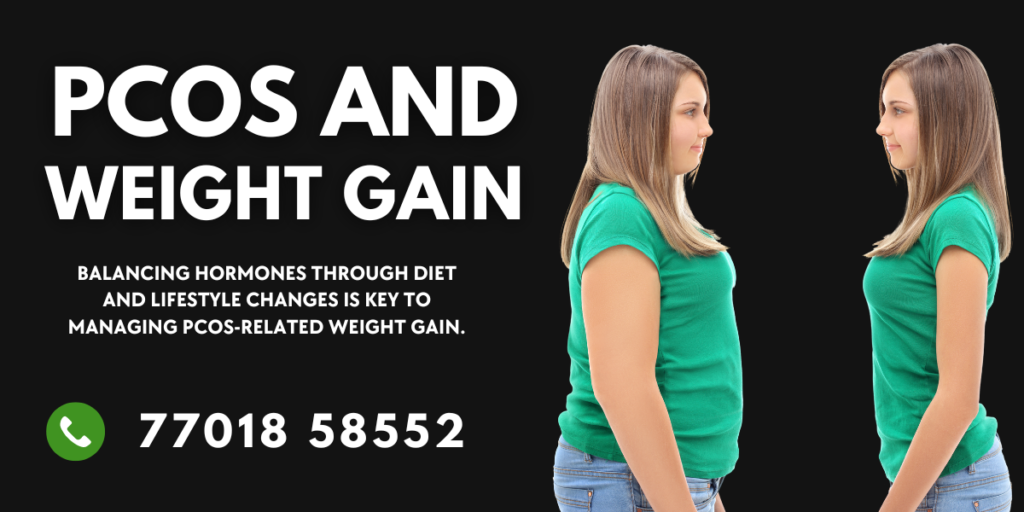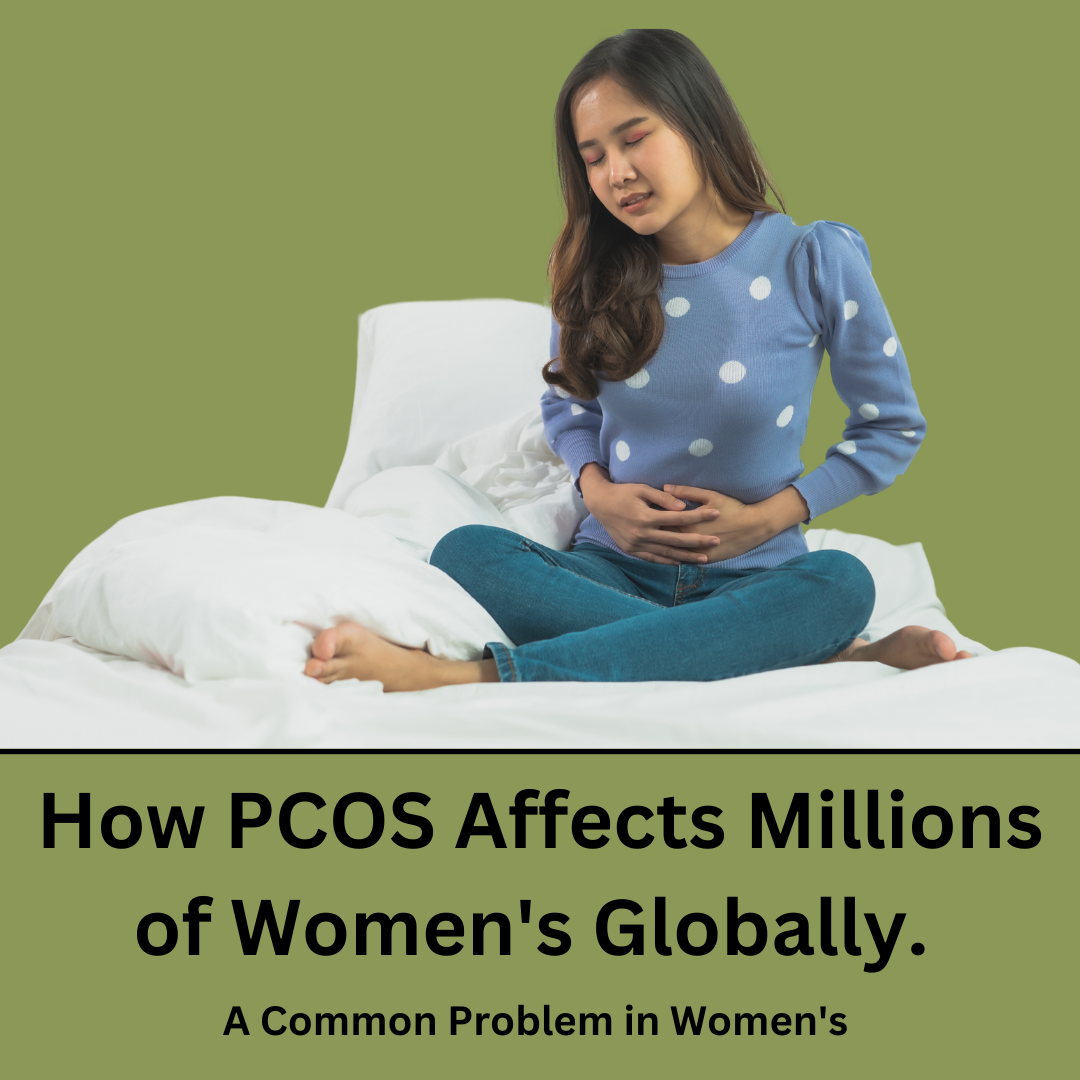PCOS and Weight Gain: The Best Foods to Balance Hormones in Females
Polycystic Ovary Syndrome (PCOS) is a hormonal disorder that affects millions of women globally, often leading to weight gain and difficulty managing weight. The key to managing PCOS and its symptoms, including weight gain, is through proper nutrition and lifestyle changes. This blog will cover the best foods to balance hormones and support weight management in females with PCOS.

Understanding the Link Between PCOS and Weight Gain
PCOS and weight gain are closely connected due to hormonal imbalances, particularly insulin resistance. Many women with PCOS find it harder to lose weight because their bodies are less sensitive to insulin, which causes the body to store fat. This makes it essential to follow a diet that helps regulate blood sugar and promotes hormonal balance.
Why Hormone Balance is Critical for Weight Management in PCOS
Hormonal imbalances, including elevated androgen levels, are a core issue in PCOS. These imbalances can affect metabolism, hunger signals, and fat storage, leading to weight gain. Balancing hormones through the right diet can help stabilize insulin levels, reduce inflammation, and improve overall well-being.
Top Foods to Balance Hormones and Manage Weight with PCOS
Incorporating the right foods into your diet can help balance hormones and support weight loss in females with PCOS. Here are some of the best foods for hormone balance:
- Leafy Greens: Rich in fiber and antioxidants, leafy greens like spinach and kale help reduce inflammation and stabilize blood sugar levels.
- Lean Proteins: Chicken, turkey, and plant-based proteins like tofu help regulate hunger hormones and support muscle mass.
- Whole Grains: Foods like quinoa, brown rice, and oats are high in fiber, promoting steady blood sugar levels and reducing insulin resistance.
- Healthy Fats: Avocados, nuts, and olive oil are rich in omega-3 fatty acids that help reduce inflammation and balance hormones.
- Berries: Packed with antioxidants, berries help fight oxidative stress, which is often heightened in women with PCOS.
Foods to Avoid for Better Hormonal Balance in PCOS
Just as certain foods can help balance hormones, others can disrupt them. To manage PCOS symptoms effectively, avoid:
- Processed Sugars: High-sugar foods can spike insulin levels, worsening insulin resistance and leading to weight gain.
- Refined Carbohydrates: White bread, pasta, and sugary snacks can trigger insulin surges and contribute to hormonal imbalances.
- Dairy: Some women with PCOS may experience elevated androgen levels from dairy consumption, which can exacerbate symptoms like acne and weight gain.
- Fried and Processed Foods: These can lead to inflammation and insulin resistance, worsening PCOS symptoms and hindering weight management.
Lifestyle Changes to Support Hormonal Health and Weight Loss
Along with dietary changes, lifestyle adjustments are crucial for managing PCOS and achieving healthy weight loss. Regular exercise, stress management, and getting enough sleep can all play significant roles in balancing hormones. Activities like yoga, strength training, and walking can help improve insulin sensitivity, while stress-reducing techniques like meditation can lower cortisol levels, which contribute to hormonal imbalance.
Balancing hormones through diet and lifestyle changes is key to managing PCOS-related weight gain. By focusing on nutrient-dense foods and avoiding processed sugars and unhealthy fats, women with PCOS can achieve better health outcomes and improved weight management. Consult with a registered dietitian or nutritionist to create a tailored plan that meets your specific needs.
Himanshu Rai, Senior Dietitian and Chief Nutritionist, leads a dedicated team with over 17 years of experience in providing personalized nutrition solutions. Together, they have helped more than 58,000 clients worldwide achieve their health and wellness goals through scientifically backed diet plans and expert guidance. Their focus is on delivering sustainable results for a variety of health conditions, empowering individuals to live healthier, more fulfilling lives.



